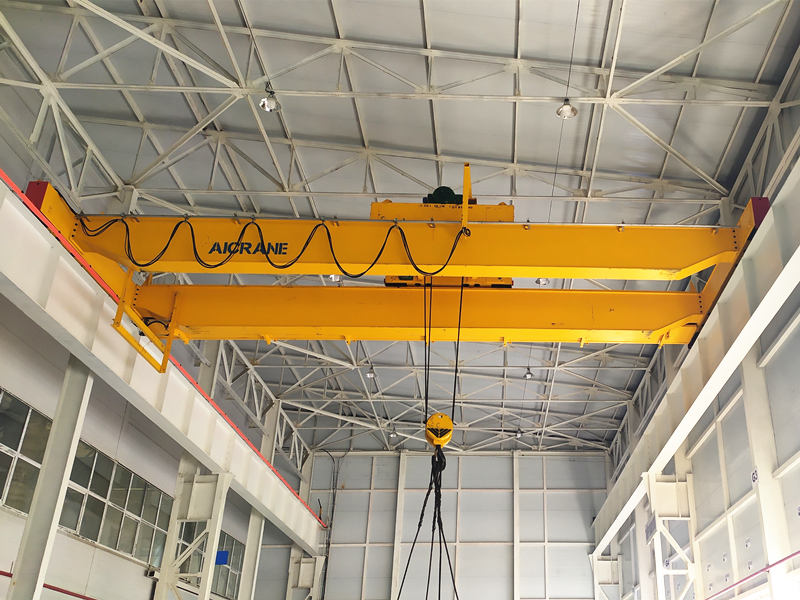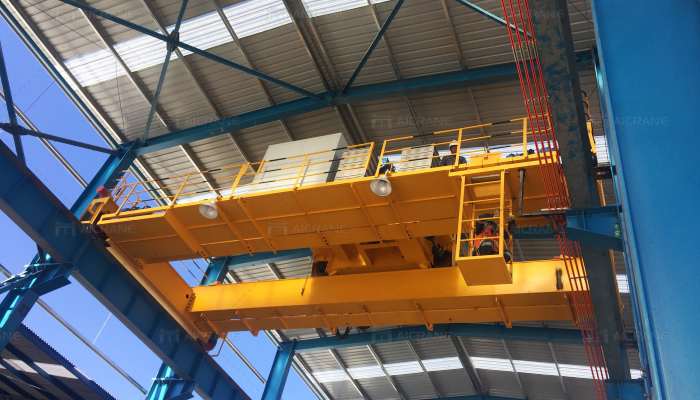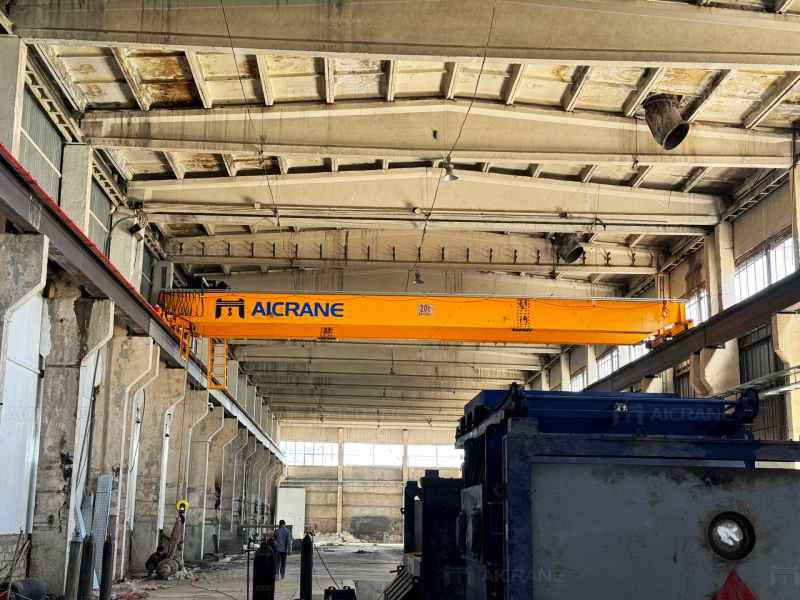Selecting the right bridge crane supplier is a critical decision that can significantly impact your business’s efficiency, safety, and long-term productivity. Bridge cranes, used in a variety of industries from manufacturing to construction and warehousing, are essential for heavy lifting tasks, and choosing the right supplier ensures you get high-quality equipment, reliable support, and value for your investment. With many options available, how do you determine which supplier is the best fit for your specific business needs? This article will guide you through the key factors to consider when comparing bridge crane suppliers.

Product Quality and Reliability
The first and most important factor to evaluate is the quality and reliability of the products the supplier offers. A bridge crane is a significant investment, and any failure or downtime can be costly to your operations.
What to look for:
- Manufacturing Standards: Ensure the supplier’s cranes are manufactured according to recognized international standards, such as ISO certifications. High-quality cranes are built using durable materials and undergo rigorous quality control during production.
- Load Capacity: Your supplier should offer cranes that meet your specific load requirements. If your operations involve heavy loads, a reliable supplier will provide robust cranes that can handle the weight and provide consistent performance.
- Safety Features: The supplier should ensure that their cranes are equipped with advanced safety features such as overload protection, limit switches, and anti-collision systems, reducing the risk of accidents and improving worker safety.
Tip: Ask for product certifications and customer reviews to ensure the supplier’s cranes have a proven track record in your industry.
Customization and Flexibility
Your business has unique lifting requirements based on the type of materials you handle, the size of your facility, and specific operational needs. The supplier you choose should be able to offer customized solutions to meet these needs.
What to look for:
- Tailored Solutions: A good supplier will be willing to work with you to design a crane that matches your operational needs, whether it’s the crane’s size, lifting capacity, span, or specific features like hoists or controls.
- Variety of Models: The supplier should offer a wide range of bridge crane models, including single girder and double girder bridge cranes, to cater to different lifting capacities and operational environments.
Tip: Discuss your specific needs with the supplier to ensure they can deliver a solution that integrates seamlessly into your operations.

Customer Support and After-Sales Service
The quality of customer support and after-sales service is another critical factor to consider. The reliability of your bridge crane will depend not only on the equipment but also on the support you receive throughout the crane’s lifecycle.
What to look for:
- Maintenance and Repair Services: A good supplier will provide maintenance contracts, ensuring that your crane operates at peak performance and that any repairs are done promptly to minimize downtime.
- Spare Parts Availability: Ask if the supplier stocks spare parts and if they can guarantee quick delivery in case of an emergency breakdown. The supplier should have a solid system in place to minimize downtime.
- Training and Consultation: A reputable supplier should offer operator training, ensuring that your team understands how to safely and efficiently operate the crane.
Tip: Choose a supplier with a proven track record of providing excellent customer service, and be sure to inquire about ongoing support throughout the life of the crane.
Pricing and Value for Money
While price shouldn’t be the only consideration, it is undoubtedly a key factor in choosing the right supplier. It’s essential to strike a balance between getting a competitive price of an overhead crane and ensuring you don’t compromise on quality or service.
What to look for:
- Transparent Pricing: The supplier should provide clear, upfront pricing that includes all associated costs, such as installation, delivery, and any additional features or customization.
- Long-Term Value: Consider the total cost of ownership, including operating costs, maintenance, and repairs over the crane’s lifespan. The cheapest option may not always provide the best value if it leads to frequent breakdowns or high maintenance costs.
Tip: Obtain multiple quotes from different suppliers to compare prices and the value offered in terms of features, services, and warranties.

Delivery Time and Installation Services
The delivery time and installation services offered by the supplier can have a significant impact on your project timeline. A delayed crane delivery or installation can cause significant disruptions to your operations, especially if you are working under tight schedules.
What to look for:
- Timely Delivery: Ensure the supplier can meet your delivery deadlines and provide realistic timelines for when the crane will be ready for installation.
- Installation Services: The supplier should provide professional installation services to ensure the crane is set up correctly and safely. This includes ensuring that your facility is ready for the indoor bridge crane and that all regulatory and safety requirements are met.
Tip: Clarify delivery and installation timelines early on to avoid unexpected delays or added costs.
Reputation and Experience
Lastly, consider the supplier’s reputation and experience in the industry. A supplier with a long track record in providing bridge cranes to businesses in your sector will likely have the expertise to understand your specific requirements and deliver high-quality equipment.
What to look for:
- Industry Experience: Suppliers with years of experience will be more likely to offer reliable advice, superior product quality, and industry-specific solutions.
- Customer Reviews and Testimonials: Check customer reviews, testimonials, and case studies to gauge the satisfaction of previous clients. Positive feedback indicates that the supplier has a reputation for delivering high-quality products and services.
Tip: Research the supplier’s reputation online and speak to other businesses that have worked with them to ensure they are a trusted partner.
Choosing the right bridge crane supplier is a crucial decision for any business looking to improve its lifting operations. By considering factors such as product quality, customization options, customer support, pricing, and the supplier’s reputation, you can ensure that you select a supplier that aligns with your business needs and delivers long-term value. With careful evaluation, you can establish a partnership with a bridge crane supplier that will enhance your productivity and support the safe, efficient operation of your equipment.